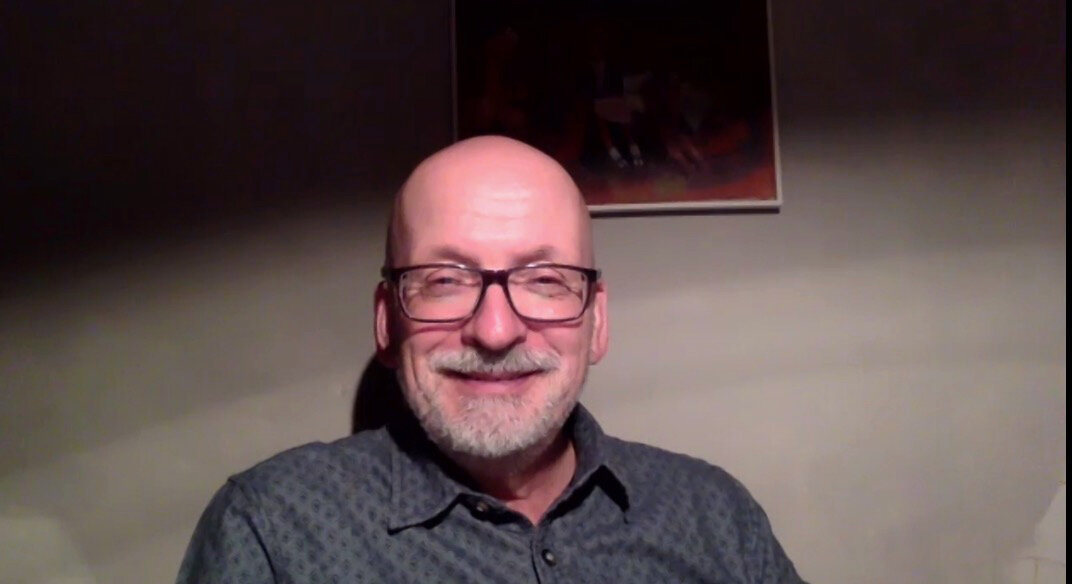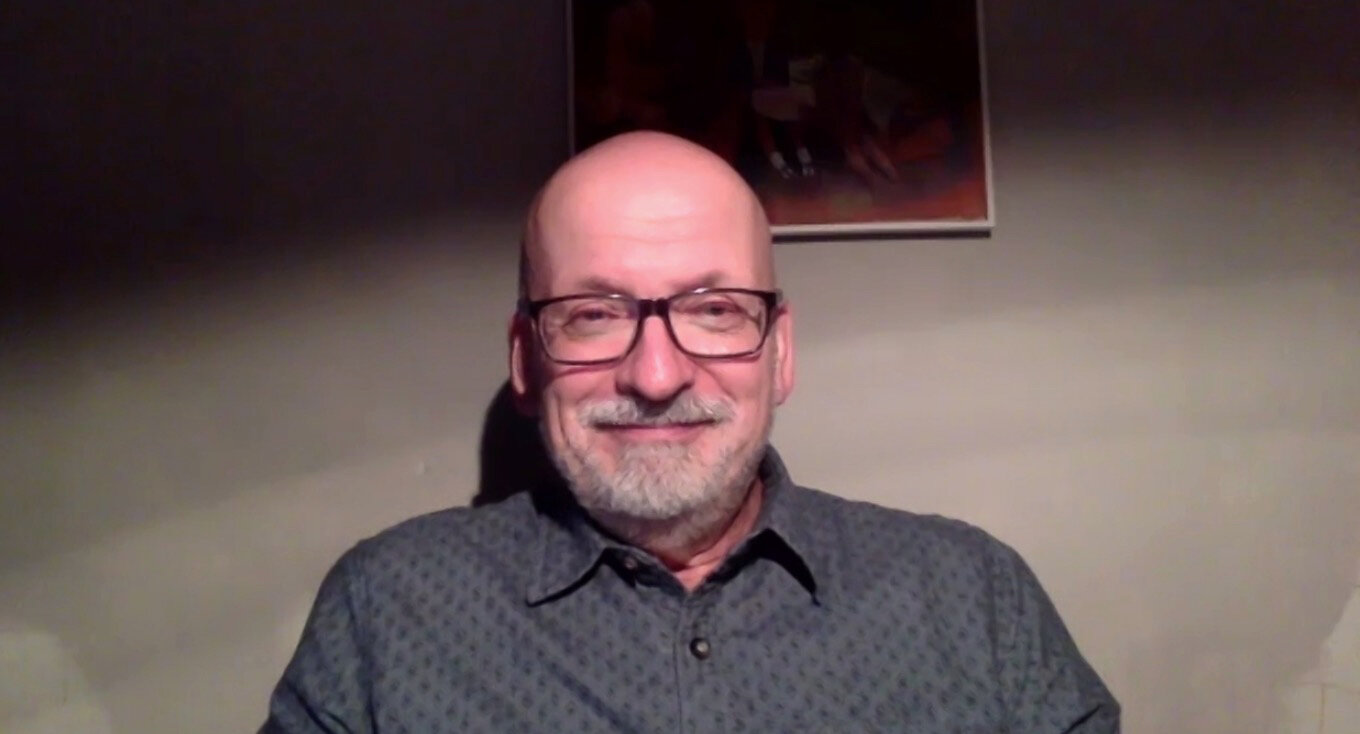I have written about Alexandra Fuller before, once after reading Cocktail Hour Under the Tree of Forgetfulness, and again after reading and loving Leaving Before the Rains Come (although I cannot find mention of that). Alas. If I didn't, I should have.
Do you know her work? She is a gifted memoirist who has written several terrifically-titled books about growing up in Rhodesia (now Zimbabwe), the daughter of somewhat dysfunctional, probably alcoholic white Brits who decamped to central Africa and lived and farmed there for most of their lives. During Fuller's childhood, there were just 100,000 whites in Rhodesia and 6 million blacks. Her parents fought for white rule. At age 6, Fuller was taught to use an Uzi and the difference between firing to kill and firing to maim. An effigy of a black Rhodesian was her target.
I have been wholly engaged by all of her work (the first I read was Don't Let's Go to the Dogs Tonight, then Cocktail Hour... and most recently, Leaving Before the Rains Come). Not only is memoir one of my favorite genres, but I am drawn like a moth to the brightest light to people who cast an unsparingly honest eye on themselves and then share their truths and lessons learned so that others might better see and understand themselves, might be moved toward such honest reflection, and then might grow and change and share accordingly. Fuller offers us chances like these.
And so last week, just before we headed out of town, when I saw that she would be discussing her new book, Quiet Until the Thaw, at Politics and Prose (my favorite bookstore in DC) on July 5, I marked the date and highlighted it on my calendar. I knew I'd be pooped from travel, knew I'd be tired from the 4th and Jack's birthday, knew we had a full day prior to Fuller's 7pm event. But I also knew I couldn't miss it.
And I didn't. Tom got home at 6, and I hauled it out of the house to get to P&P and secure myself a seat. Front row, y'all! #alwaysastudent
This is not an important observation, but Alexandra is stunningly, naturally beautiful. She glows, radiant with health and wisdom. Which can be disarming.
And then she starts talking, that gorgeous sort-of-British, sort-of-African lilt rolling from her tongue like sensuous waves. If you aren't listening, you might be lulled. If you are, you immediately sit at attention, for Alexandra Fuller is pissed.
She began with a poem by Freedom Nyamubaya, a woman, a farmer, a poet, an activist, a high-ranking general in the Zimbabwe National Liberation Army. She died in 2015 at the age of 55, but before, she penned A Mysterious Marriage, a tale of Freedom and Independence.
And then she read from Dr. Yolanda Pierce's stunning A Litany For Those Who Aren't Ready For Healing.
Let us not offer false equivalencies, thereby diminishing the particular pain being felt in a particular circumstance in a particular historical moment.
Let us not speak of reconciliation without speaking of reparations and restoration, or how we can repair the breach and how we can restore the loss.
Let us not rush past the loss of this mother's child, this father's child...someone's beloved son.
Let us not value property over people; let us not protect material objects while human lives hang in the balance.
Let us not value a false peace over a righteous justice.
Let us not be afraid to sit with the ugliness, the messiness, and the pain that is life in community together.
Let us not offer clichés to the grieving, those whose hearts are being torn asunder.
You really should read the whole thing. Please do.
Fuller noted that she has spoken at Politics & Prose upon release of each of her books. "I've been here through four presidents, and whatever this is," she said, acknowledging the present. And, "I grew up under four dictators, two on the left, two on the right, and this is that."
We are in trouble, y'all. America is at a crossroads. The KKK has planned a march on Charlottesville, VA, this Saturday and have announced their intent to be fully armed. Purportedly, liberals are attempting to "erase the white culture right out of the history books.” and they need to stand up against this travesty.
People, please. This country was founded by stealing, violently, others' land. Do you know that of the more than 370 treaties and deals and agreements the US has made with its native peoples, it has altered, ignored, and/or reneged on ALL of them? Canada and Australia, among others, have treated (and continue to treat) their indigenous people with equivalent ugliness.
This country was built on the backs of kidnapped people, men, women, and children forcibly taken from their homes and treated as inhuman property whose sole use in this world was to work and be abused for free. When finally we "freed" them, we paid reparations only to their white owners.
Zimbabwe, once Rhodesia, emerged from the same crucible. White settlers took land, averred it was rightfully theirs because of black inferiority and all, and then fought to the death to keep it when resistance reared its head.
So many of the dominant narratives around the world reflect this brutal relationship of whites to blacks, light skin to dark skin. And yet we do not listen. We didn't then, we don't now. As Alexandra noted, "There is no such thing as the voiceless, just the preferably unheard."
She tells of growing up the daughter of undeniably dynamic, hardworking people she loved (and loves) dearly. But as she sees now, they are also people who believed in white superiority and worked to maintain its hold on the country they made home.
Many Americans find themselves part of the same familial tradition. Each of us can accept that and attempt to disable our own role in the perpetuation of a racist society or we can continue to ignore and enable it. Where did the birtherism movement come from if not from whites attempting to discredit America's first black president thus invalidating his success and maintaining a hold on their own power? Where does our racist criminal justice system emerge and grow from if not an attempt to keep the black man down? Where did redlining come from if not an attempt to keep blacks out of "white" neighborhoods? (It should be noted that Donald Trump and his father were both sued for discriminatory rental practices and proved to have racially profiled and refused black applicants.) What is the gargantuan wealth disparity in our country but a systemic effort to privilege a few at the expense of many?
As Fuller read and Huxley said, "Liberties can never be given, they can only be taken away." Further, Alexandra observed from years of personal experience that a sizable "wealth disparity in any country is an arrangement between the government and the military." The socioeconomic gaps in America aren't getting smaller. I'm just saying.
Ultimately, she did talk about Quiet Until the Thaw, a novelistic effort to further deconstruct the primary narrative surrounding white and native Americans. At this point, "I would prefer my audiences sweating bullets...This is no time to be complacent. Never mistake your comfort for your security...Read, write, think, question."
I bought the new book and she signed it (as well as the copy of Leaving Before the Rains Come that I'd brought), and I had the chance to thank her for being an important presence in my life. To thank her for writing books I needed to read. "Well, I needed to write them." she replied with a smile.
I smiled in return before leaving, too late to avoid the precipitation blanketing DC that night. As I walked to my car, rain drops spattering my face and dress, I gave thanks for meeting Alexandra briefly, for living in a place that enables easy access to fascinating people who broaden and inspire my world, for my parents who taught my sister and me that the world is big and we are but bits in it, for my husband who got home on time so I could go do something exciting. I gave thanks to all of those working so hard to resist the craven, ignorant, cruel wannabe who is leading this country nowhere good, and I renewed my commitment to asking the hard questions, answering them honestly, and doing the work that needs to be done.



